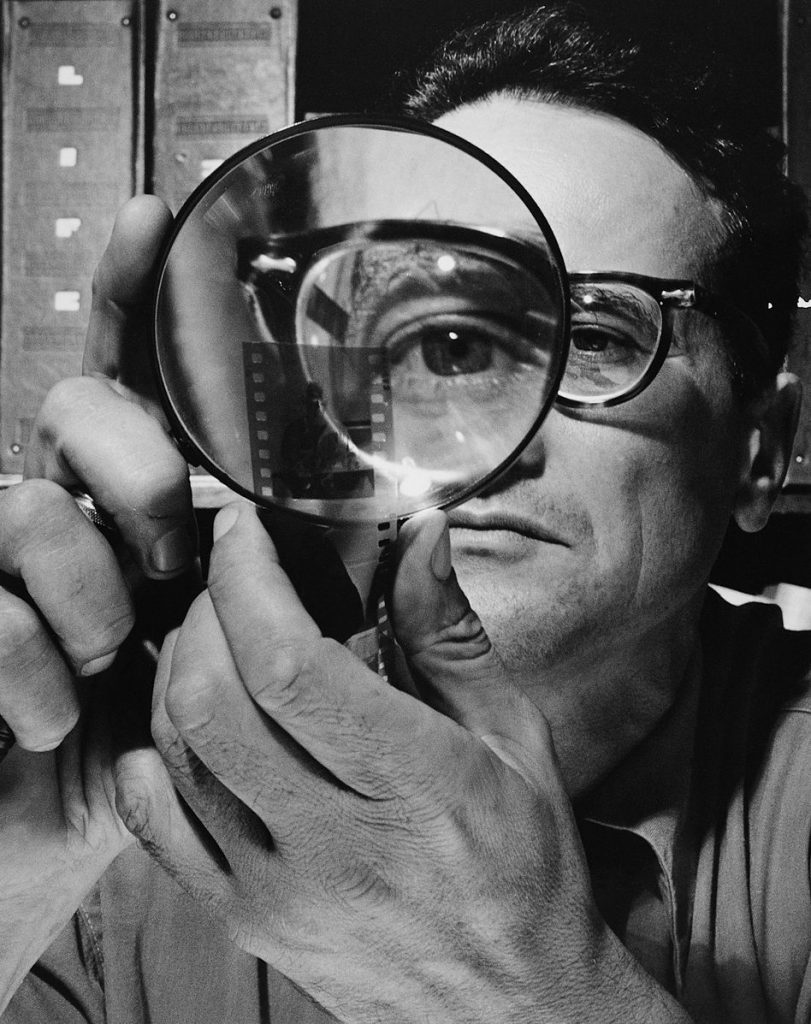Bringing the Philosophy of Self-Knowledge to the Public with a MOOC
Mitchell Green, Professor of Philosophy at the University of Connecticut, has created an ambitious MOOC (massive online open course) that he will be teaching this year. It is free and open to anyone with an internet connection.
The course, “Know Thyself: The Value and Limits of Self-Knowledge” has three modules: “The Examined Life,” “The Unconscious,” and “Losing Oneself.” The first of these just began yesterday. The other two will take place in the winter and spring.
According to Professor Green, the course is
a way in which I can reach an audience of learners who don’t have any, or any easy access to in-person instruction. They might be people who are too far away from a college, who have medical issues making travel to class difficult, or for some other reason find difficulty sitting in a traditional classroom. Learners might also be high school students whose schools don’t offer courses like this.
For assorted practical reasons (e.g., the number of people enrolling in the course making the grading of assignments unrealistic), it is not a course for which one can receive college credit. But like a college course, there are lectures and discussions:
The course consists of video lectures, study questions, and readings at different levels of difficulty such that students can learn at a level they’re comfortable with and at their own pace. We also have an online discussion forum in which students from across the globe share responses to questions I pose, such as, “Is Socrates right to deny that the unexamined life is not worth living?” or “Is the best way to learn about yourself by introspecting? Why or why not?” And so on… Students taking the course are allowed to earn a “certificate of completion” from Coursera by doing all the assignments, including a multiple-choice test each week, but that’s no substitute for writing a paper, which for me is the best, and perhaps the only way of assessing student performance in Philosophy courses other than logic.
I asked Professor Green about his hopes for the course. He says:
I hope in a small way to cultivate some intellectual and affective humility along the way. I spend time in the course on topics such as self-deception, a less dramatic but I think more pervasive phenomenon I call self-misleading, and our tendency to “spin” events in our favor to protect our self-image. I also look at implicit bias and related issues. Also, I see self-knowledge as taking not just the form of propositional knowledge about the self, but also knowledge-how. That is, I emphasize “self-knowledge how” as one genuine area in which we might, or might fail, to know ourselves. An appreciation of these facets of self-knowledge tends, I think, to help learners to see what a big, and perhaps never-ending project achieving self-knowledge is.
I also asked him about the challenges of teaching a course open to all comers:
I enjoy this challenge, not least because I believe that unless I can explain what I am thinking about to someone with a little patience and no background, I should doubt that my thoughts are at all clear.
The course, which Professor Green is teaching as an overload (that is, in addition to his required teaching), was developed with the help of Michael Lynch (Connecticut) and Duncan Pritchard (Edinburgh), and is part of the University of Connecticut’s Humility & Conviction in Public Life project (which is housed in the university’s Humanities Institute and funded by the John Templeton Foundation). The course website is here.



Regarding self-deception, so-called “positive illusions” psychology holds that degrees of spin figure in healthy functioning. There are tests scoring accurate self-assessment, and apparently the highest scores go to the clinically depressed. I’m suspicious of this, not from that perspective but because the individual self may not always be the last word in self-assessment. From early in life, social relations are part of the individuation process (Vygotsky). How others see us is part of the mix. If someone suffers from the imposter syndrome, public recognition otherwise could be the proper measure.